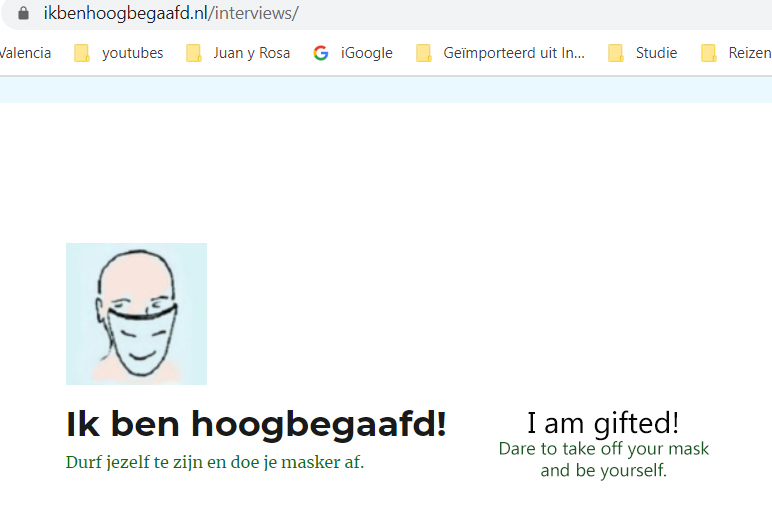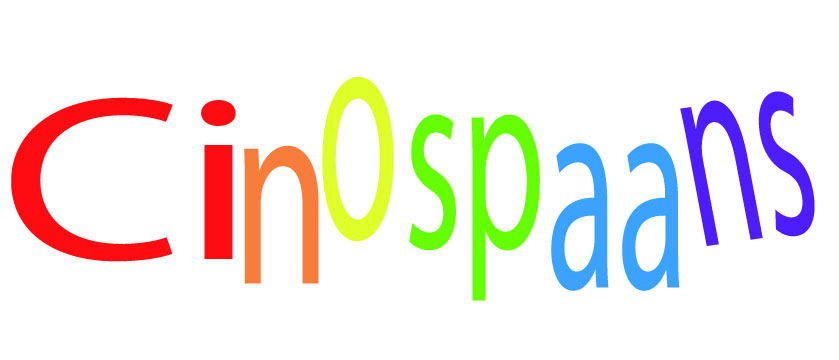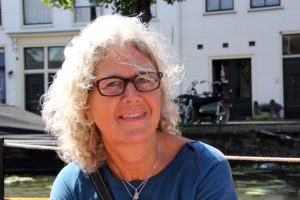The LBBO is a national professional group for counsellors in education in the Netherlands. Since November 2019, I have been part of the Board of the Specialists for Giftedness. On the LBBO-SB Facebook page, you will regularly find information about education for gifted individuals. Last month, the LBBO posted a video about the current educational experiences of teachers and students in these coronavirus times.
But if you are curious about the educational experiences of gifted people who are now grown-ups (ranging from young adults to middle-aged), then I would like to refer you to the wonderful interviews that Willem Wind has posted on YouTube. It is very interesting to hear about gifted people’s own school experiences.
For me, a book by Willem Wind was once one of the many information and knowledge sources about giftedness and how to deal with it. He is the author of the book called Hoe het leven mij misleidde (‘How Life Deceived Me’ but it has not been published in translation) (2000). That’s the period that I began my search into the meaning of being gifted and its possible consequences in daily life.
On his website (https://ikbenhoogbegaafd.nl/welkom/) you can find a lot of information about his fresh perspective on ‘closing’ the gifted person and how that gifted person can be ‘opened’ again.
In addition to a number of interesting articles on his website that I talked about in the previous newsletter, he has now also posted 16 beautifully candid interviews with gifted people (unfortunately there are no subtitles, but you can select the option of automatic subtitles in your desired language). On the basis of these interviews, you can extract insights into how education for gifted individuals could be improved to provide gifted individuals with the education they desire.
Some tips (although these are not exhaustive):
- give the gifted pupil the space to choose a different (i.e. their own) way of learning
- tell them why when a task is given
- easily distracted students can also be students who are bored
- pay attention to the compensation behaviour of the gifted pupil. They can even compensate for poor eyesight and still achieve quite good results
- good contact between student and supervisor is important; the supervisor should be open and ‘immerse’ themselves in the student
- encourage each student to share what they know and find out what else they can learn about
- compulsory education stands in the way of life for the gifted
- change education to independent autonomous thinking and learn to learn from there
- do not let gifted people use their giftedness as an excuse for a task that they do not want to do for other reasons. Find out what lies behind it. (My mother always said to me “if you want it, you can do it”.)
- add more real-life examples to the lesson, give context, provide overviews that can present the goal
- first give the whole picture and then discuss the details
- adding meaningful conversations to education: How do you become happy? If the gifted person sees his giftedness (his clear thinking) as the essence of his life, he has taken the first step on his life path. From that strength, he can learn and make mistakes as much as he wants. These will give his life direction.
- offer room for creativity in many forms, including the form you have not yet thought of as a supervisor
If you have been able to extract any other tips from the interviews, let me know by mailing me at: info@juanyrosa.com. Then we can add them to the list and make it ever-more complete.


